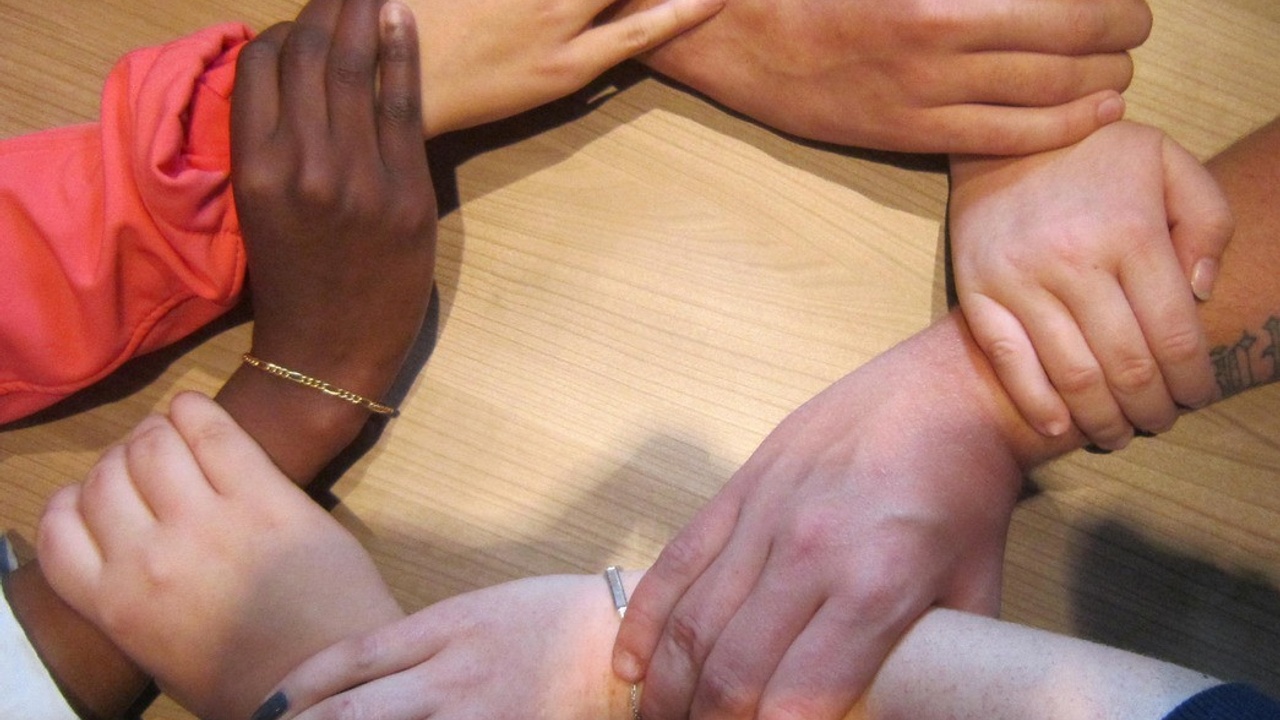Defining Organizational Culture
Apr 01, 2022
I’ve never seen a rule saying that we’re required to like the stuff many highly DRIVEN executives consider to be touchy-feely… In fact, we don’t have to agree on whether or not that stuff really does impact our organization’s performance! But I’d compare arguing that it doesn’t with arguing that gravity doesn’t apply to the people on our team. Like it or not, believe it or not, the culture we develop in our organization impacts the results we see on our productivity reports, the amount of voluntary turnover we have to deal with, and overall profitability. Once we accept that culture matters, I believe it would serve us all well to have a strong understanding of all that goes into it so we can be intentional about the things we do that can have the most significant impact.
I found an article on Market Business News that explains organizational culture this way:
Organizational Culture is a group of internal values and behaviors in an organization. It includes experiences, ways of thinking, beliefs and future expectations. It is also intuitive, with repetitive habits and emotional responses.
Organizational Culture is the result of a perception within the company that its employees all share.
Richard Perrin, Partner and Head of Advisory at KPMG in Romania, defines the term as “The sum of values and rituals which serve as ‘glue’ to integrate the members of the organization.”
That first segment is a bit broad for me so we’ll circle back to dig into individual pieces of that next time. For now, let’s consider the middle line about “the result of a perception employees all share.” As we started looking at this idea of organizational culture, I mentioned being familiar with companies that send a very strong message through the recruiting and onboarding process while employees have a very different experience once they have boots on the ground and get into their daily routines. As I shared feedback about this with folks who are closer to those companies, it’s usually brushed off as just being the “perception” of a few employees and not reality. Unfortunately, what one person vocalizes as their experience is all too often what many others are thinking but not saying out loud; the perception is quite frequently a harsh reality!
The quote from Richard Perrin caught my attention too, specifically the mention of culture being “the glue to integrate the members of the organization.” Nearly everyone I meet has some level of desire to be part of something bigger than themselves, something that serves a larger purpose. When we can build that sense of community into our organization culture and we can communicate how the work we do serves that purpose (and meets those intrinsic needs), we begin to see that glue doing its thing! This plays a huge role in helping people stick (pun intended) with the organization through the tough times… Don’t miss my point here though: if we’ve not invested enough energy into making sure our team members’ perception matches what we’re touting to new recruits and the community at large - you know, the touchy-feely stuff - we can’t expect to have much of that glue working in our favor and we’ll probably see folks jumping ship any time things get rough.
For our purposes moving forward, let’s define organizational culture as “the values we exemplify that create the overall employee experience.” Next time we’ll begin working on what we need to do to make sure this definition results in what we really need it to!
90-DAY GUIDE: Lead Your Team Through Any Leadership Challenge
Did You Know?
Growing your leadership acumen is the fastest way to equip your team to lead through today's leadership challenges.
We've been equipping leaders like you for decades. We know you do not need another theory. You need a clear starting point and a simple system. This guide gives you both.
Includes a 90-day action plan.
We hate SPAM. We will never sell your information, for any reason.





